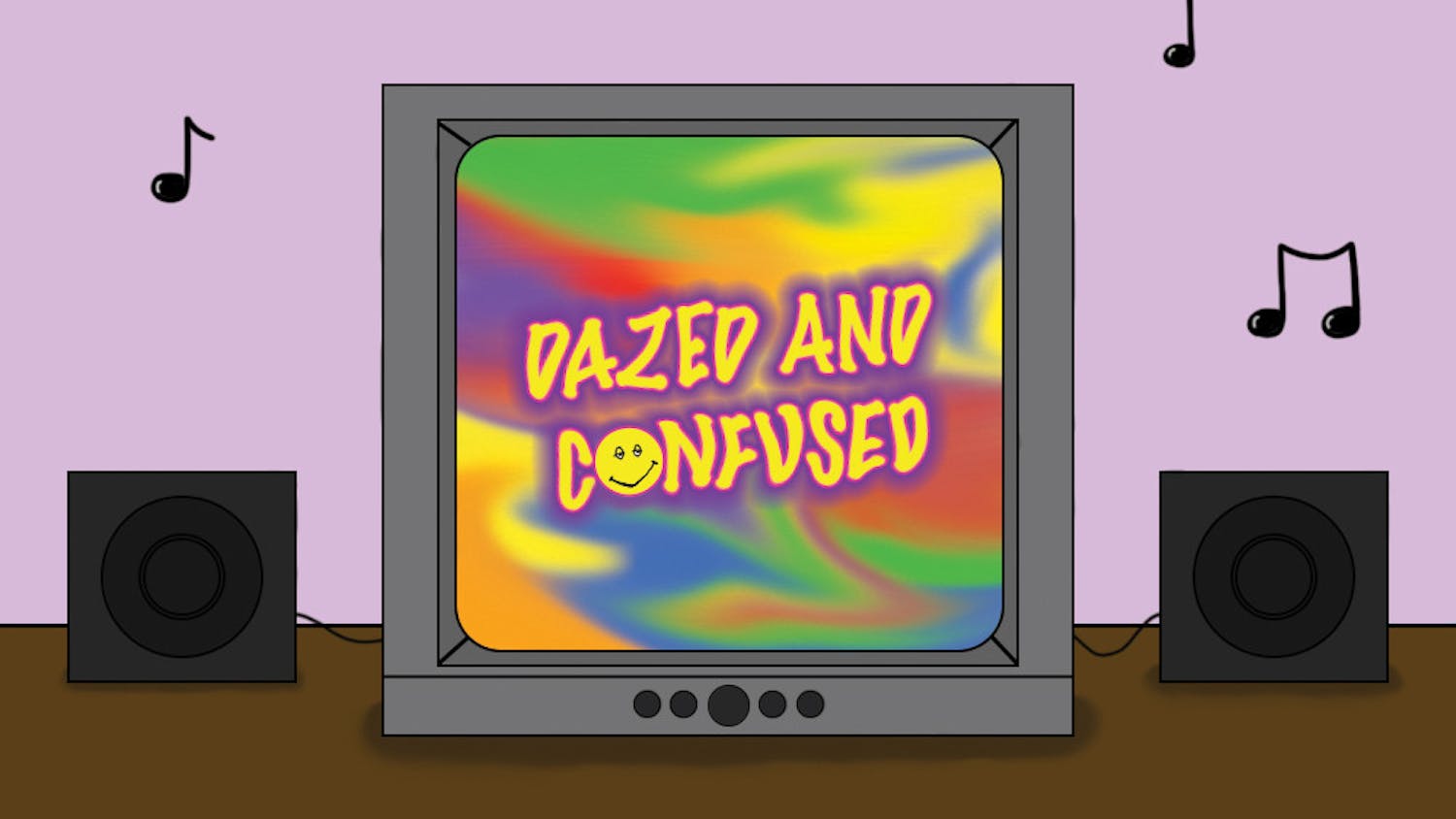Kendrick Lamar’s new single is stirring up debate over its implications for race relations in the U.S.
When the Grand Jury’s decision to not indict Darren Wilson, the white officer who fatally shot Michael Brown, an 18-year-old black man, I was mad. I was confused. I couldn’t articulate all of those feelings into something succinct or understandable.
These are times when I turn to music. Surely there must be others as outraged that felt similarly and could better articulate it than I could. But I initially came up empty. I dug into old Bob Dylan tunes about race in the ’60s, such as “Ballad of Hollis Brown,” “The Death of Emmett Till,” “A Hard Rain’s A-Gonna Fall” and especially “Hurricane,” which sadly remains saliently relevant to today’s issues.
As much as I love Bob Dylan, he’s not talking about this generation and the problems people face today. So who are the voices of this generation? Who are the artists that can synthesize these feelings most of us have had?
Although their album came out before the Ferguson decision was handed down, I didn’t fall in love with the gangster-rap duo Run The Jewels until Killer Mike went viral with an impromptu speech before a show the night of the Grand Jury decision. All his fears and anger came out in that speech, like it does in the group’s fantastic album, and became my therapy for the coming months.
Now, a more prominent figure is coming onto the protest music scene — Kendrick Lamar. His new single “The Blacker The Berry” stirred up some major criticism over the song’s message, which proponents say promotes positivity among black communities to improve themselves while acknowledging the history of racism that leads to gang culture. Critics say he overreaches by telling an entire group of people what to do and how to fix the woes of their lives that are beyond their own control.
I don’t intend to use this space to weigh in on either side. My privileged perspective doesn’t lend much credence to this larger debate. I’d encourage you to read more about the song’s meaning and criticisms elsewhere, from Lamar’s Billboard interview to Azealia Banks’ Twitter statements. I don’t need to be another voice in that debate, but I do think it’s a debate worth having and one that will continue to get a lot of attention as Lamar’s album rolls out, and that’s a good thing no matter what side you’re on.
{{tncms-asset app="editorial" id="760d6a22-b22a-11e4-8625-9b26601cfc7d"}}
“The Blacker The Berry” is, if nothing else, raw emotion that doesn’t feel like a calculated statement on race. Music needs more artists who can put into music the things we as listeners fail to understand our own feelings.
There was hardly anything like Run The Jewels or Kendrick Lamar happening in the early 2000s when a generation was outraged about the wars in Afghanistan and Iraq. Sure there were glimmers of hope from Green Day and Bright Eyes, but nothing that had the power to capture the attention of the public like Kendrick’s album is poised to do later this year.
Politics is often shaped by our culture, especially through music. This is most evident in the protest music of the ’60s but continued with the anger of English punk, ’90s grunge and the popularity of early rap. This kind of cultural shift has been absent from our musical landscape for many years, but if the discussion surrounding “The Blacker The Berry” is any indication, we could be seeing a renaissance and I wholly welcome it.
William Hoffman is a senior studying journalism and the Digital Content Manager at The Post. Email him at wh092010@ohio.edu






